Text

0 notes
Text

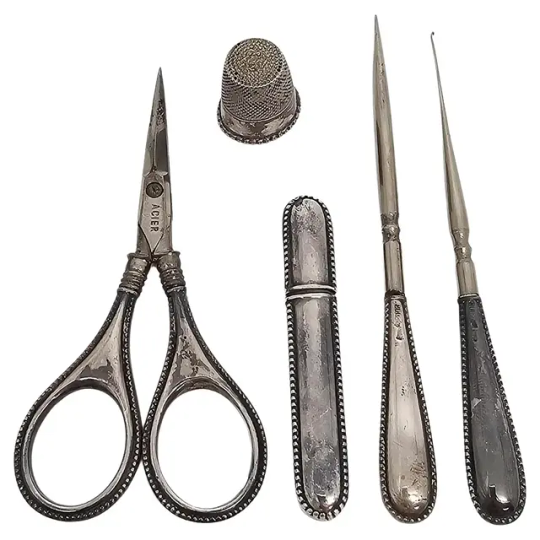
20th century silver sewing kit 1850s leather sewing kit case
I've been thinking of making myself a travel sized sewing kit. I don't know when I'd ever have use for it but I always found it so chic as a kid when I witnessed the rare occasion of an older women pulling out a sewing kit from her bag to mend something on the go.
5 notes
·
View notes
Text

Hobbies: Sewing
My work comes to life when the thread goes on top of the fabric.
32 notes
·
View notes
Photo
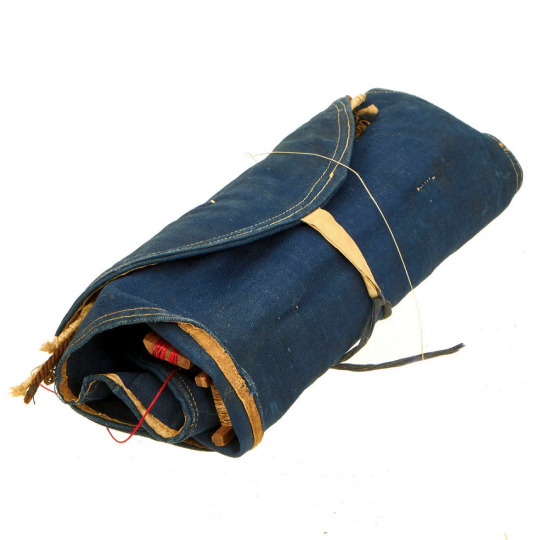
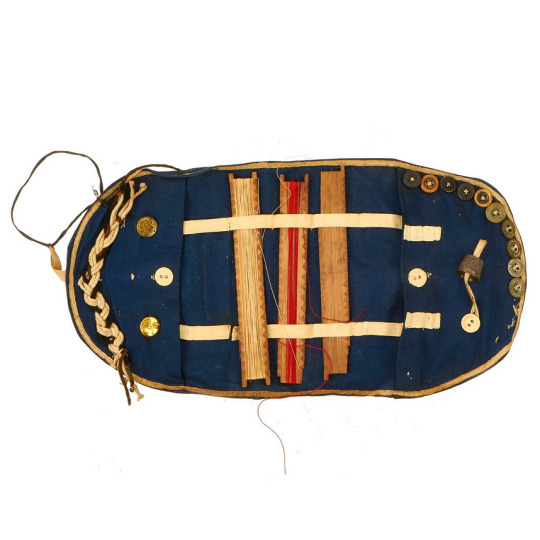
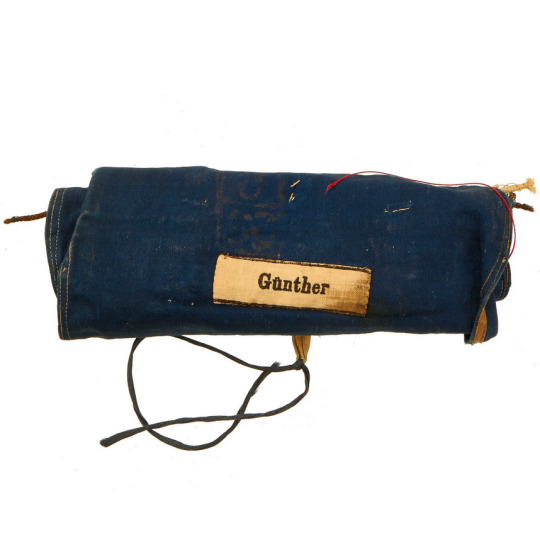
Sewing Kit (Housewife) of a Sailor (His name was Günther) of the Imperial German Navy, the Kaiserliche Marine (1871 -1919)
165 notes
·
View notes
Text
I made a fabric sewing kit inspired from vintage ones i've seen!

This is the finished one, it's all hand sewed and I sperimented a little bit with different types of stitches and I had so much fun doing it!
This is the inside
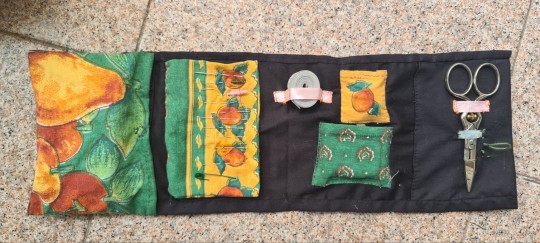
and some of the stiches


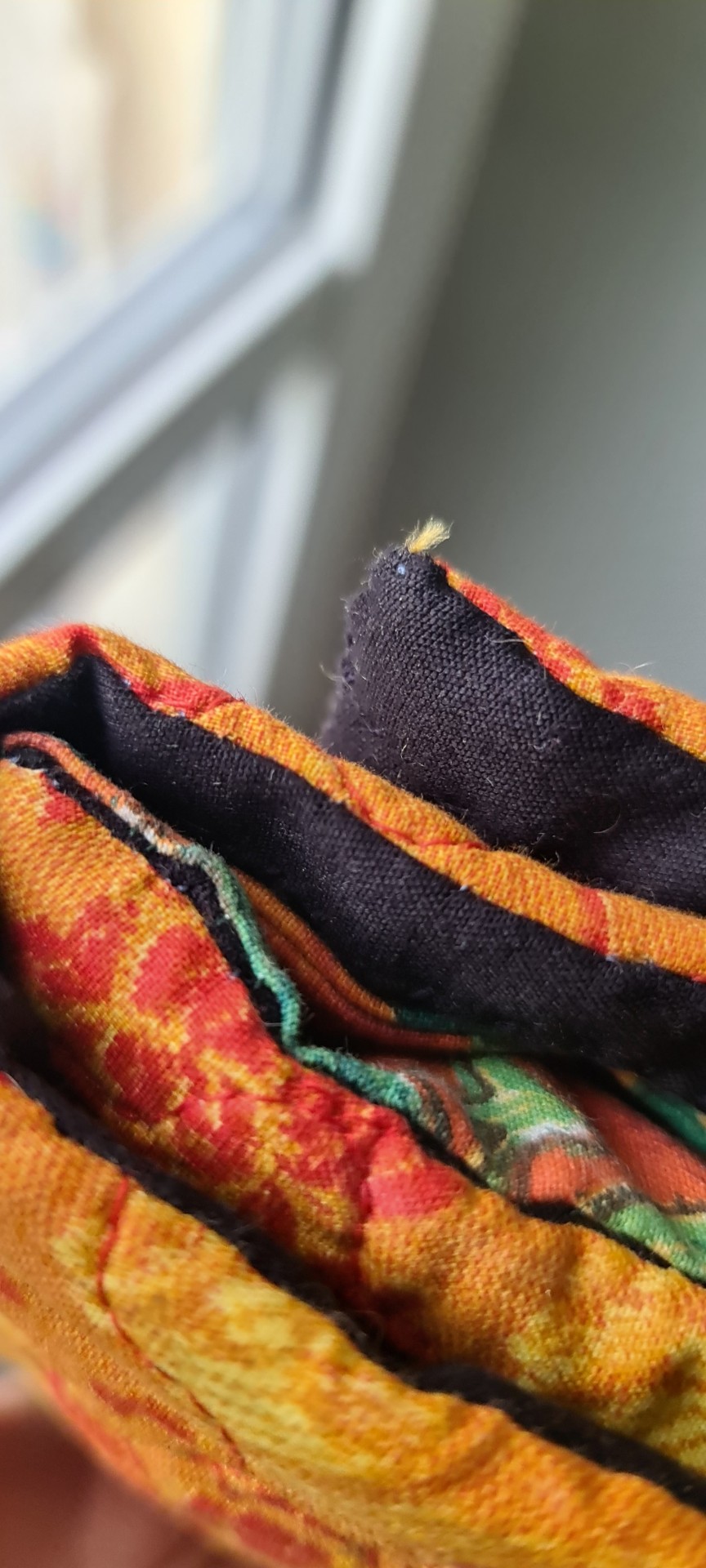
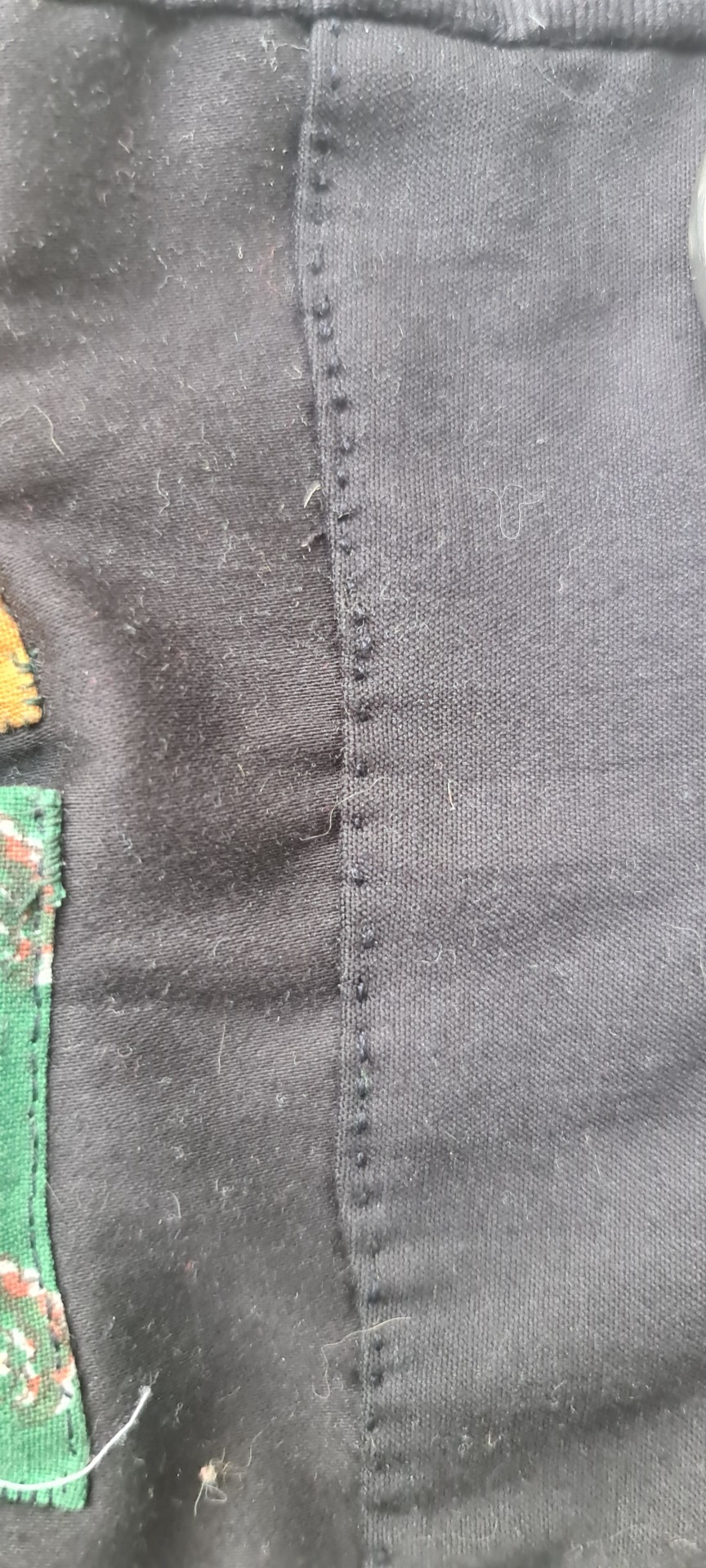
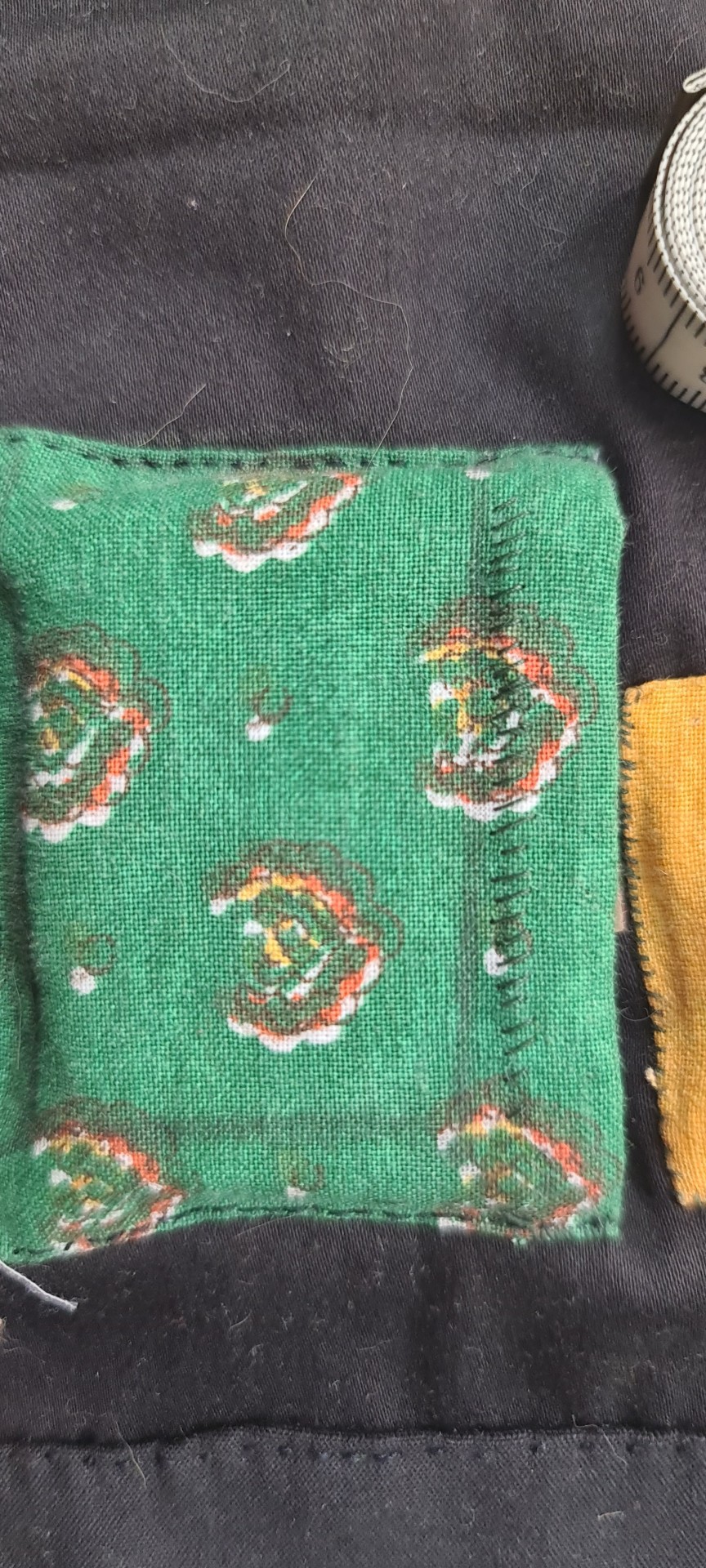
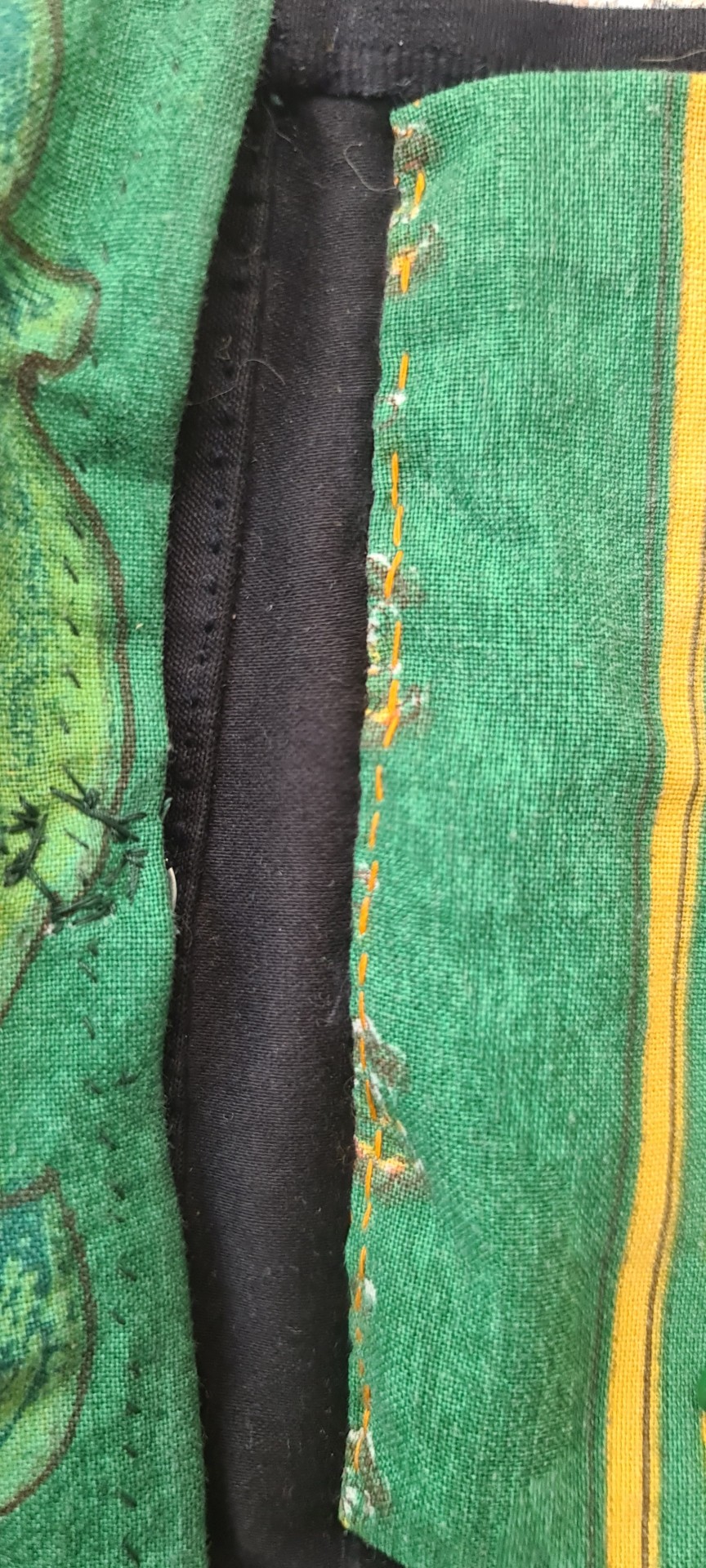
It's the first time I've actually done a project like this where I've sewed everything my hand and it's all made from scrap fabric (except from the outside pink and orange fabric, i think it was like a small rug) It took me more or less 30 hours from beginning to end and i'm very very happy with how it turned out!
35 notes
·
View notes
Text
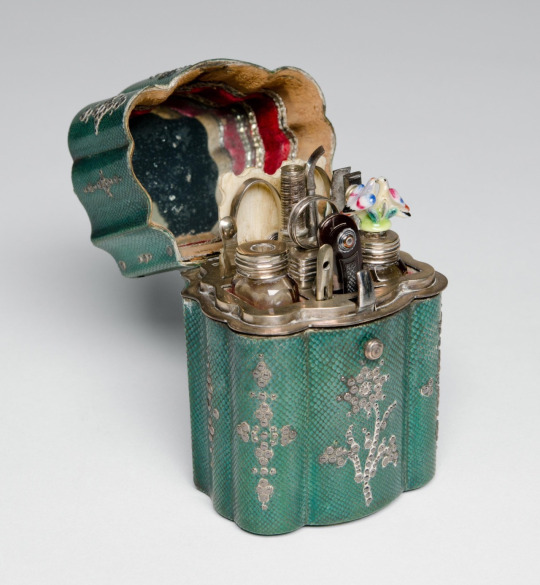

a traveling case known as a nécessaire because it held items that were "necessary" to a lady, such as sewing and writing materials, c. 1755.
1K notes
·
View notes
Photo
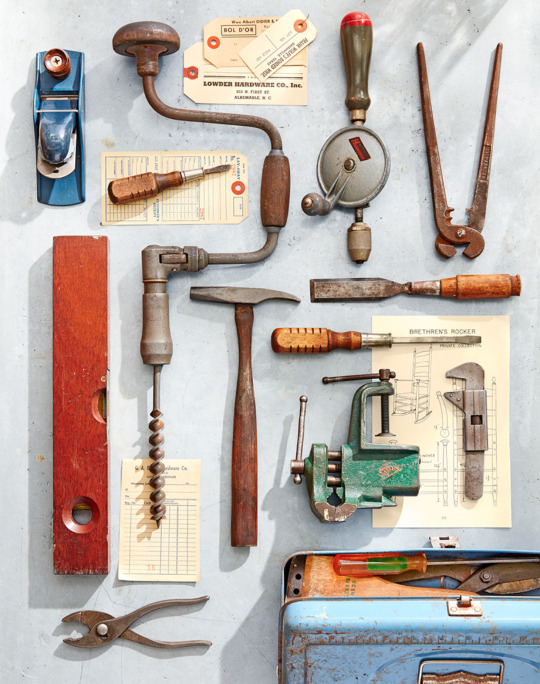
Still life: Vintage Tools and Hardware Photo by Brian Woodcock
8 notes
·
View notes
Text
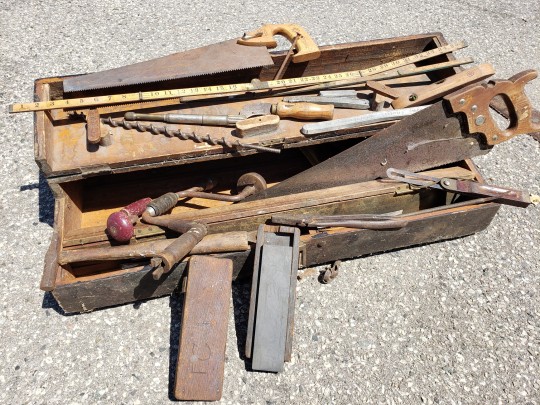
Found old tools in the garage, probably belonged to the original owner in the 50s to 70s around there.

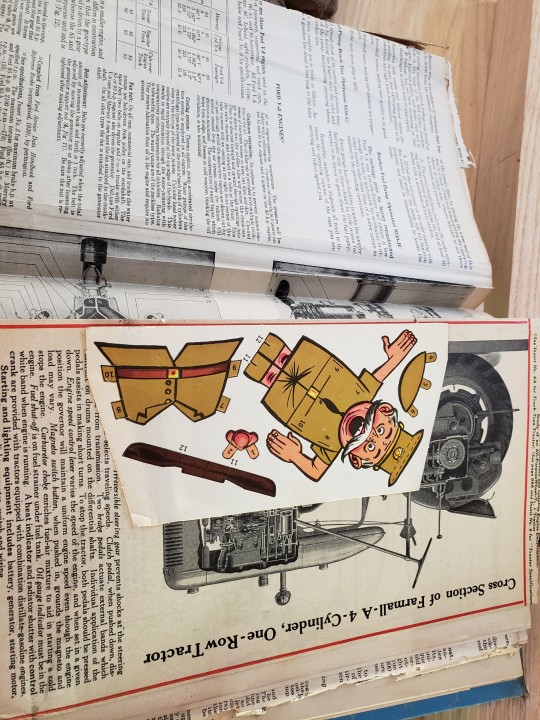





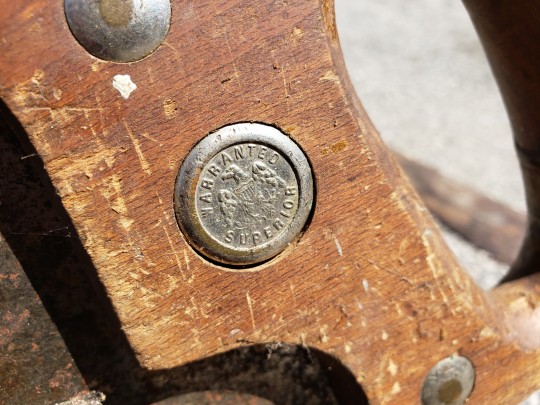
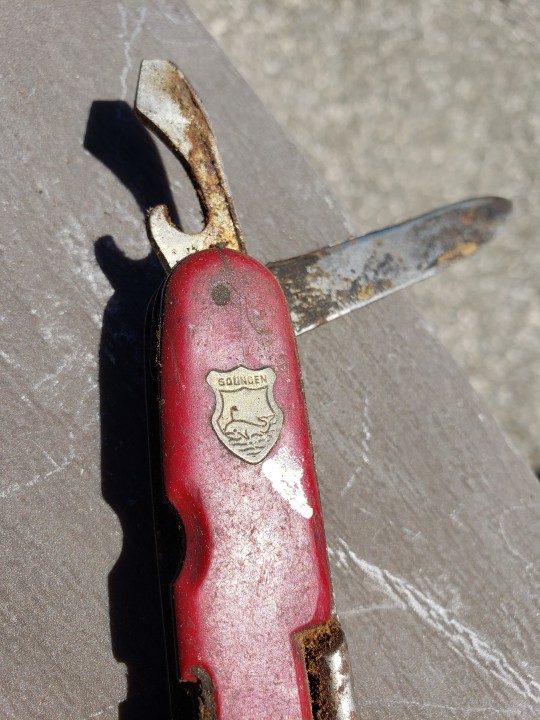
5 notes
·
View notes
Text

Instruments of Torture Work
Clamps and shears,
tongs of fears,
Tell me what’s on your mind
Vintage knife
Bench end vise,
Now’s the time to admit you’re mine
4 notes
·
View notes
Text

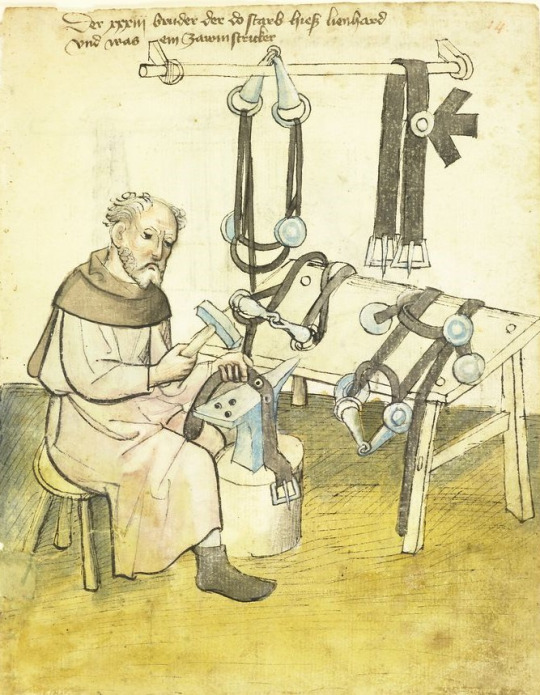
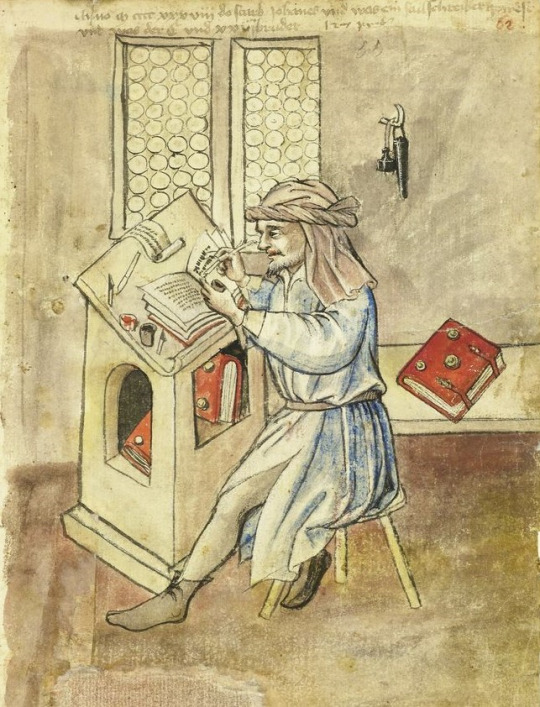


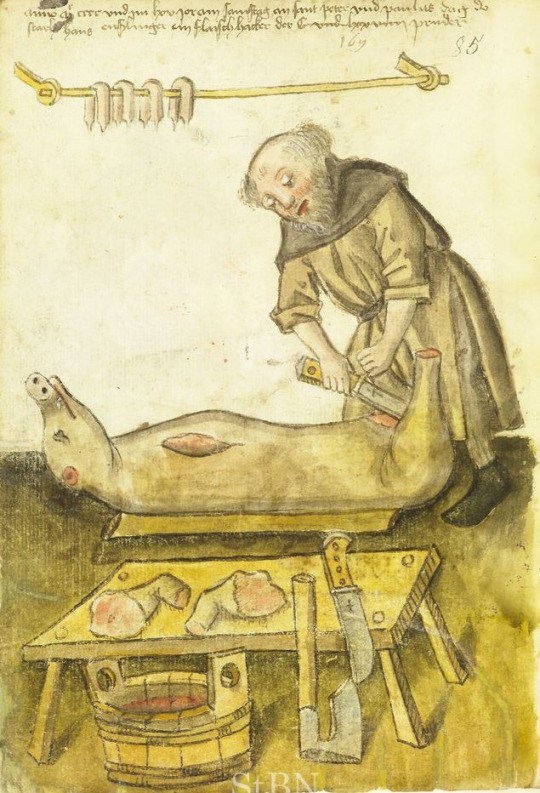
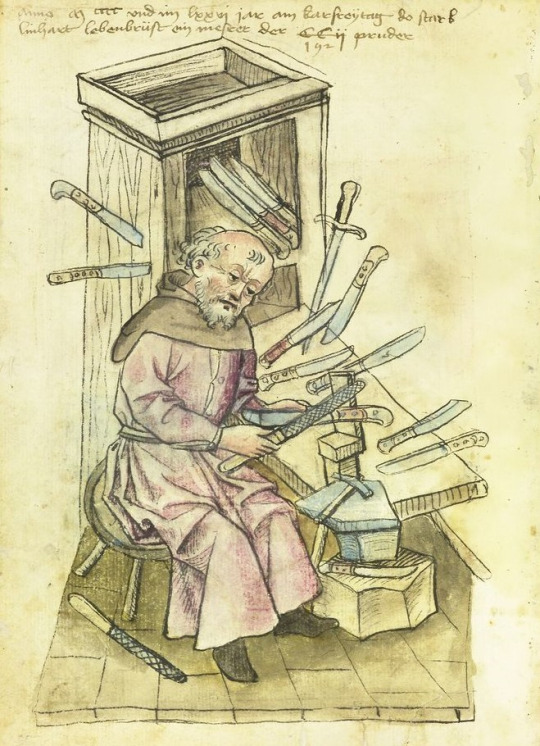
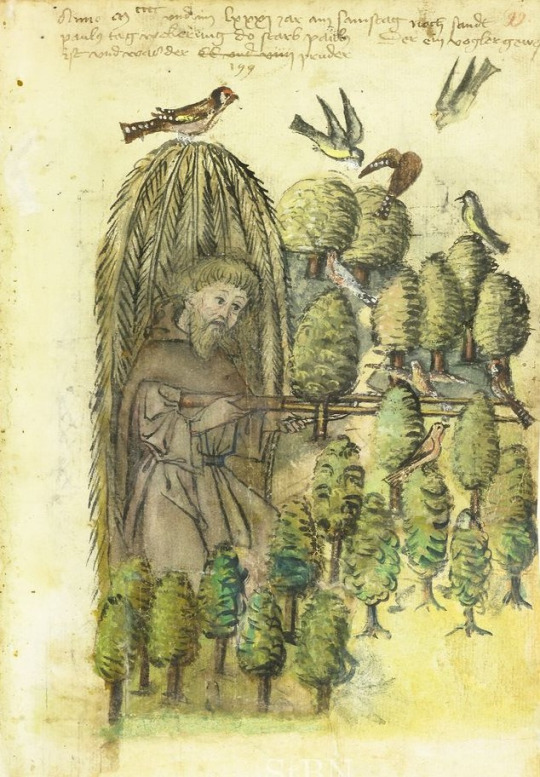
some 15th century occupations: chainmail-maker, bridle-maker, clerk, tailor, spice dealer, butcher, cutler, bird-catcher
from the "hausbuch der mendelschen zwölfbrüderstiftung", vol. 1, nuremberg (bavaria), 1426-1549
source: Nuremberg, Stadtbibliothek, Amb. 317.2°, fol. 10r, 14r, 62r, 67r, 75r, 83v, 95v, and 99r
1K notes
·
View notes
Text
A thing that bothers me about wizard schools in popular media – outside of the magic-grade-school stuff, anyway – is that they're typically depicted as being basically magic universities, but their actual curricula and pedagogical approaches look much more like those of a technical institution. Like, buddy, that's not a wizard university, that's a wizard trade school. You can't just slap university student culture on top of trade school pedagogy. It doesn't work like that – the one emerges from the other!
62K notes
·
View notes
Text
You know what fantasy writing needs? Working class wizards.
A crew of enchanters maintaining the perpetual flames that run the turbines that generate electricity, covered in ash and grime and stinking of hot chilies and rare mushrooms used for the enchantments
A wizard specializing in construction, casting feather fall on every worker, and enchanting every hammer to drive nails in straight, animating the living clay that makes up the core of the crane
An elderly wizard and her apprentice who transmute fragile broken objects. From furniture, to rotten wood beams, to delicate jewelry
A battle magician, trained with only a few rudimentary spells to solve a shortage of trained wizards on the front who uses his healing spells to help folks around town
Wizarding shops where cheery little mages enchant wooden blocks to be hammered into the sides of homes. Hammer this into the attic and it will scare off termites, toss this in the fire and clean your chimney, throw this in the air and all dust in the room gets sucked up
Wizard loggers who transmute cut trees into solid, square beams, reducing waste, and casting spells to speed up regrowth. The forest, they know, will not be too harsh on them if the lost tree’s children may grow in its place
Wizard farmers who grow their crops in arcane sigils to increase yield, or produce healthier fruit
Factory wizards who control a dozen little constructs that keep machines cleaned and operational, who cast armor to protect the hands of workers, and who, when the factory strikes for better wages, freeze the machines in place to ensure their bosses can’t bring anyone new in.
Anyway, think about it.
57K notes
·
View notes



